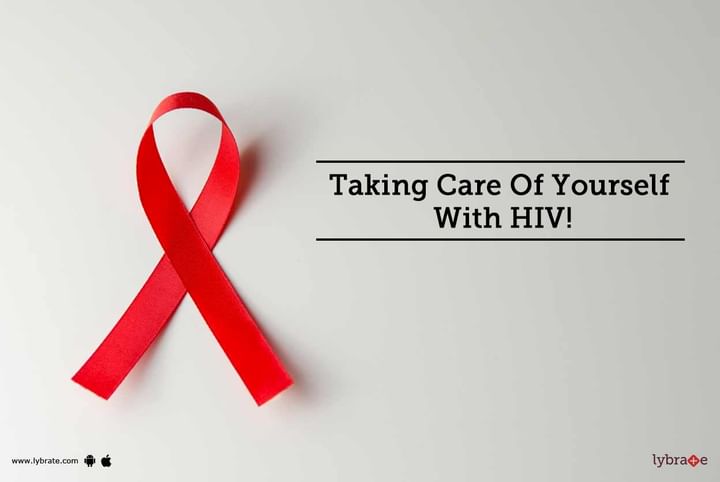Taking Care Of Yourself With HIV!
Nutrition and HIV are closely connected. When a patient’s immune system is severely affected due to HIV, it can lead to malnutrition and vulnerability to other diseases. Such infections can cause diarrhea, weight loss, and weakness. Malnutrition and not maintaining a healthy intake of nutrients can be a direct link or cause to the progression of the HIV disease.
How does good nutrition help?
Healthy nutrition obviously cannot treat or cure an HIV infection, but it certainly can help the patient to maintain and reinforce the immune system. A healthy diet can also contribute to the general well-being of a patient. Healthy nutrition is an important factor in for people living with HIV. Besides, prophylaxis, a cure for unscrupulous infections, and Anti-Retroviral Treatment, nutrition is essential for an HIV patient.
What is a balanced diet for HIV Patients?
A balanced diet is not a singular meal for patients suffering from HIV. It denotes that a person should eat and drink the correct amount of food from various food groups in order to remain somewhat healthy and strong enough to deal with the treatment process. Drinking adequate clean water is imperative.
What should HIV patients consume?
People living with HIV are advised to consume the fresh vegetables grown in the vicinity. Seasonal fruits and vegetables should be incorporated into their diet.
Choosing foods from these food groups is the key to completing a balanced diet.
- Cereals, pulses, roots, and rhizomes.
- Legumes, nuts, seeds.
- For non-vegetarians, the consumption of protein-rich food items such as fish, meat, and eggs is recommended.
- Vegetables are the key to any proper diet is eating green vegetables. It is necessary to make sure that the vegetables are washed and cleaned in order to reduce the risk of further infections or diseases.
- Daily consumption of freshly grown fruits including seasonal fruits.
- Fats
- Sugar
HIV patients should focus on eating regularly. Having three meals a day is a must. Along with a balanced diet, drinking lots of clean or purified water ensures that the body is fully hydrated and helps with maintaining a good digestive process. Foods items that are rich in vitamin A, for example, yellow-orange foods are very important in improving immunity. Fruits such as pawpaw, bananas, and vegetables such as carrots, are good sources of vitamin A.
A well-nourished person is highly likely to preserve a sturdier immune system for dealing with HIV and fighting off the infection. Consulting a physician regarding the appropriate diet is important as some food items may not be suitable for patients.



+1.svg)
